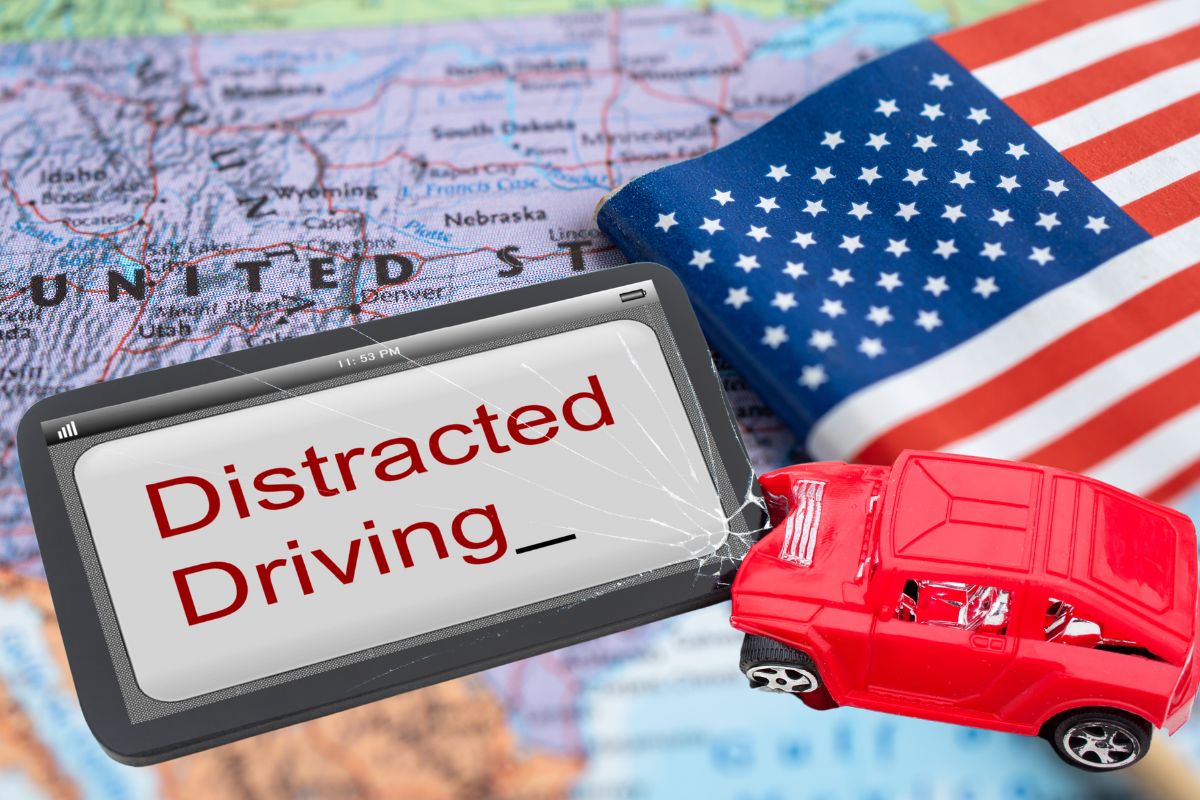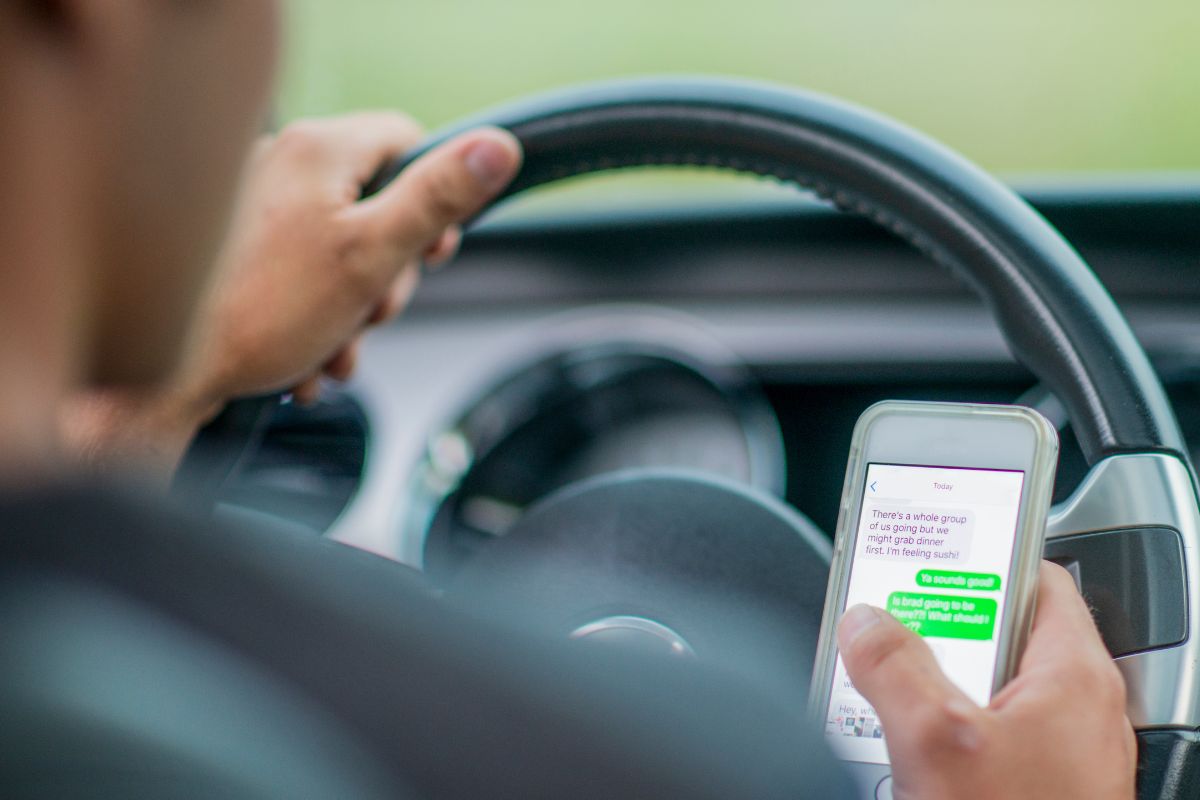Distraction behind the wheel accounts for nearly one in ten fatalities in car accidents in the US.
Distracted driving is a dangerous habit that comes with substantial – and frequently deadly – risks, and many states have laws in place to help discourage motorists from needlessly putting property and lives at risk.
That said, the laws states have in place are not all consistent about the rules and the consequences.
Distracted driving deaths account for 8.8 percent of all deadly motor vehicle collisions in the US. Wireless plan comparison site WhistleOut recently conducted a study comparing the strength of state laws banning the use of cell phones behind the wheel – legislation in which they are vehemently in favor due to the risk such action places on the lives of road users.

According to WhistleOut’s report, no state in the US had a law that fully enforced the three primary categories they identified: using a handset while operating a motor vehicle, texting while behind the wheel, and young drivers using a cell phone while driving. Still, 22 states were able to earn an “A” grade from the company with regards to the strength and design of their laws to stop people from using their phones while their vehicle is in operation.
A Police Officer’s Point of View on Distracted Driving
All the states that received an “A” grade for their distracted driving law had a handheld and texting ban.
The states that earned an “A” from WhistleOut all had a ban on both using a handset and on texting while behind the wheel. On the other end of the scale, the only state that doesn’t have any laws or bans in place regarding the use of these devices while operating a motor vehicle is Montana. That state automatically received an “F” from the company.
The only other state to receive an “F” was Missouri, which did have bans in place, but that were so limited that they only partially prohibited texting and using a handset while driving. These clearly didn’t earn any real points with WhistleOut.
Five US states received a “D” grade, while the majority did receive passing grades of “C” or higher. There were 21 states and Washington DC that earned an A grade, while 9 states had a “B”. Thirteen states had a “C” for their distracted driving law regarding cell phone use.
Frequently Asked Questions About Distracted Driving
1. What is distracted driving?
Distracted driving is any activity that diverts attention from driving, including talking or texting on your phone, eating and drinking, talking to people in your vehicle, or fiddling with the stereo, entertainment or navigation system.
2. How serious is the problem of distracted driving?
According to the National Highway Traffic Safety Administration, in 2019, 3,142 people were killed in motor vehicle crashes involving distracted drivers.
3. What are the types of distraction?
There are three main types of distraction:
- Visual: taking your eyes off the road;
- Manual: taking your hands off the wheel; and
- Cognitive: taking your mind off driving.
4. Is using a hands-free device safer than handheld?
Studies have shown that using a hands-free device can be just as distracting as handheld because the mental workload remains high while driving.
5. Are young drivers at greater risk for distraction?
Yes, drivers under the age of 20 have the highest proportion of distraction-related fatal crashes.
6. What are the common distractions inside the vehicle?
Common in-vehicle distractions include other passengers, audio and climate controls, eating or drinking, smoking, and devices brought into the car, such as phones and GPS units.
7. Is it illegal to text and drive?
Yes, in many jurisdictions, it’s illegal to text and drive. Some places also prohibit other smartphone use while driving.
8. How can distracted driving be prevented?
The most effective solution is personal responsibility. Drivers must decide to devote their full attention to the driving task. In addition, there are technological solutions like cell phone apps which can limit or block texts and calls while driving.
9. Are there laws against distracted driving?
Yes, many states and local jurisdictions have enacted laws against certain types of distractions such as texting while driving or using handheld cell phones.
10. What should I do if I see a distracted driver?
If you see a driver who is clearly distracted, keep your distance and stay out of their way. It may be appropriate to report especially dangerous behavior to local law enforcement.
Sources: National Highway Traffic Safety Administration, CDC


